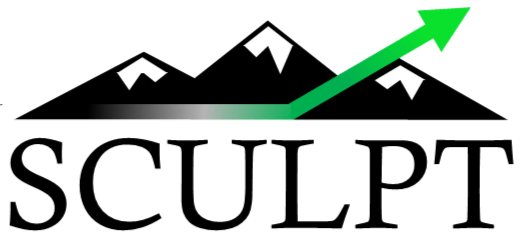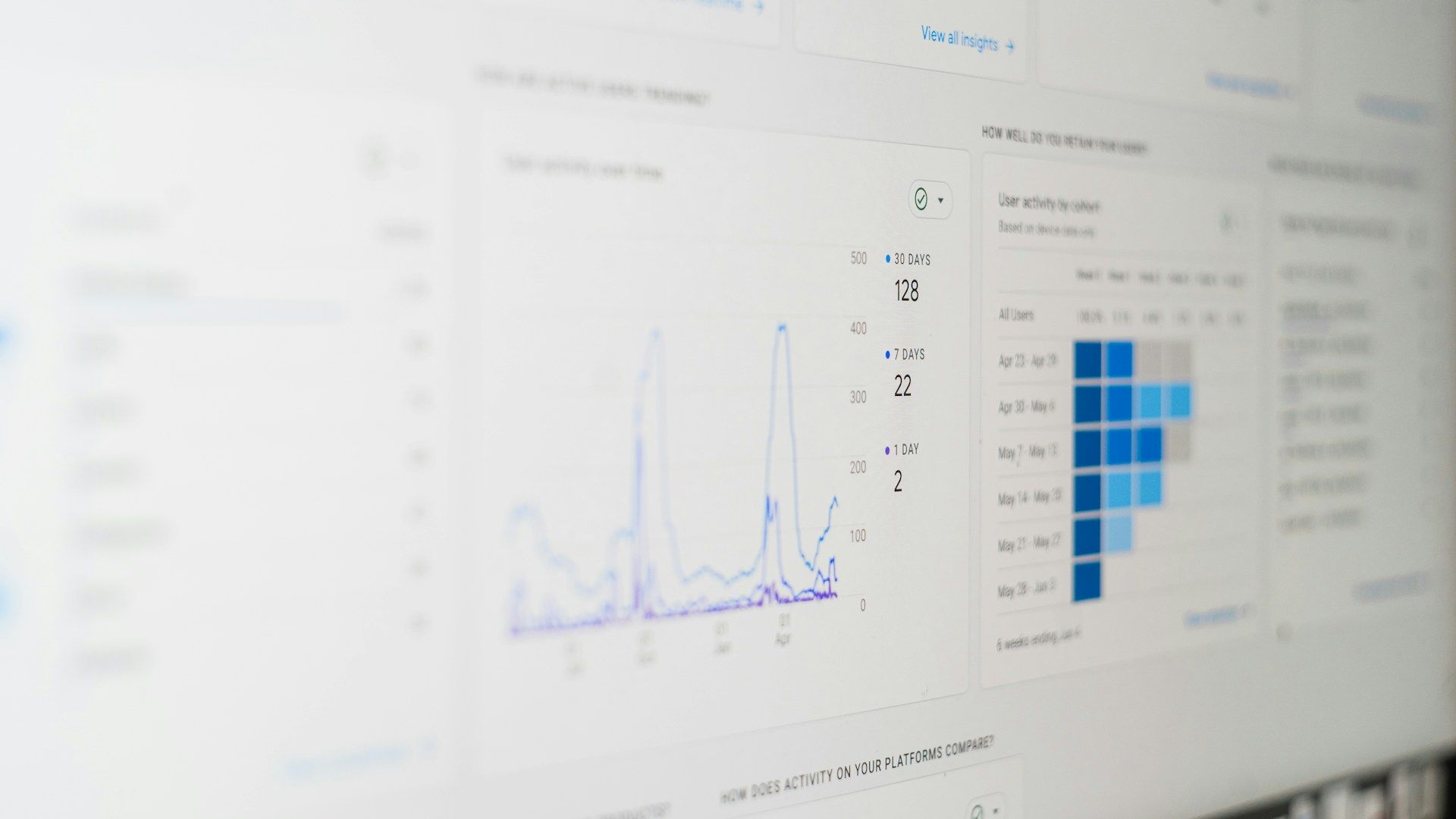Understanding the Basics of Pay-Per-Click Advertising
Pay-Per-Click (PPC) advertising is a popular way for businesses to attract more visitors to their websites. It’s simple: you create ads, and you only pay when someone clicks on them. This strategy helps control costs while targeting specific groups of people interested in your services or products.
Many businesses use PPC because it provides quick results. Unlike other marketing methods that may take time to show results, PPC can drive traffic to your website almost immediately. It’s a great way to boost your online presence and get your message in front of the right audience.
But there’s more to PPC than just paying for clicks. You need to understand how it works, the benefits it offers, and how to create effective campaigns. This knowledge will help you make the most of your PPC investment and achieve your business goals. Whether you’re new to PPC or looking to improve your current strategy, this article will guide you through the basics and provide helpful tips for success.
What is Pay-Per-Click (PPC) Advertising?
Pay-Per-Click (PPC) advertising is a type of online marketing where businesses create ads that appear on search engines and other websites. Advertisers pay a fee each time someone clicks on their ad. It’s a way to buy visits to your site rather than earning them organically.
PPC ads usually appear at the top or bottom of search engine results pages (SERPs). They can also show up on social media platforms like Facebook, Instagram, and on other websites through Google Ads. The goal of PPC is to drive traffic to your website and convert visitors into customers.
What makes PPC unique is that it allows you to target specific audiences. You can choose keywords related to your business, set a budget, and decide where your ads will appear. This targeting ensures your ads reach people who are likely interested in your products or services, making it an effective marketing tool.
How Does PPC Work?
PPC works through an auction system where advertisers bid on keywords. These keywords are the terms that people type into search engines. When someone searches for a keyword you’ve bid on, your ad has a chance to appear in the search results. The position of your ad depends on your bid and the quality of your ad.
When creating a PPC ad, you choose keywords, write the ad copy, and set a budget. Your budget limits how much you will spend each day on clicks. Google Ads takes your bid amount and combines it with a quality score, which measures the relevance and quality of your ad. The higher your quality score and bid, the better your ad position.
PPC platforms also allow you to set targeting options. You can target based on location, time of day, device type, and more. This means your ads reach the right people at the right time. The beauty of PPC is that you only pay when someone clicks on your ad, making it a cost-effective way to attract potential customers.
Benefits of PPC Advertising
PPC advertising offers several key benefits for businesses of all sizes. One of the main advantages is its ability to provide immediate results. Once your PPC campaign is live, your ads can start appearing in search results right away. This quick visibility can drive traffic to your website almost instantly, which is particularly useful for promotions and time-sensitive offers.
Another benefit is the ability to control your budget. With PPC, you set a daily or monthly budget, ensuring you never spend more than you can afford. This makes it a cost-effective marketing strategy for businesses with limited advertising funds. You can also adjust your budget and bids based on the performance of your ads, allowing for flexibility and control.
PPC advertising also allows precise targeting. You can focus on specific keywords, demographics, and even geographical locations. This targeting ensures that your ads reach the right audience, increasing the likelihood of conversions. Additionally, detailed analytics provide insights into how your ads are performing, helping you make data-driven decisions to optimize your campaigns.
Tips for Creating Effective PPC Campaigns
Creating effective PPC campaigns involves several key steps. First, it’s crucial to conduct thorough keyword research. Use tools like Google Keyword Planner to find relevant keywords that potential customers are searching for. Focus on a combination of broad and long-tail keywords to reach a wider audience while still targeting specific searches.
Next, write compelling ad copy. Your ads should be clear and direct, with a strong call-to-action that encourages users to click. Highlight the unique selling points of your products or services, such as special offers or free shipping, to grab attention. Make sure your ad copy aligns with the keywords you are targeting.
Here are some additional tips for creating successful PPC campaigns:
1. Optimize Your Landing Pages: Ensure the landing pages your ads direct to are relevant, easy to navigate, and aligned with the ad copy. This improves the user experience and increases the chances of conversion.
2. Use Negative Keywords: Negative keywords prevent your ads from showing for irrelevant searches. This helps you save money and ensures your ads reach the most relevant audience.
3. Monitor and Adjust: Regularly review your campaign performance. Use analytics to identify which ads and keywords are performing well and which are not. Adjust your bids, budget, and targeting settings based on this data.
4. Test Ad Variations: Create multiple versions of your ads to see which ones perform best. A/B testing different headlines, descriptions, and calls-to-action can provide valuable insights and help improve your campaign results.
Conclusion
Understanding PPC advertising basics is essential for any business looking to enhance its online presence. PPC offers immediate results, precise targeting, and budget control, making it an effective strategy for driving traffic and boosting conversions. By knowing how PPC works and following best practices for creating campaigns, you can maximize your advertising efforts and achieve your business goals.
Ready to take your PPC campaigns to the next level? Contact Sculpt Marketing & Consulting to learn how we can help you create effective and results-driven Google advertising services tailored to your needs.










